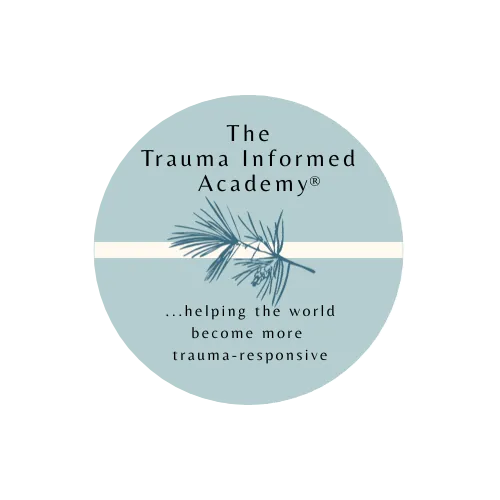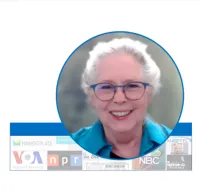

Quit Telling Everybody Everything! (Part 2)
We get taught to tell everyone everything. Is it really that helpful? If I feel an urgency in my being to relieve myself of my story, I may feel better--I won’t be worried about whether or not someone likes me. They'll run off if it’s too much, and there’ll be no more energy expended. They couldn’t handle the content, they have no empathy, shame on them. Discard them like rubbish.
Yes, we do that, most of us. And here’s the part we miss. Did it ever occur to us that:
…they may be people whose skillsets and roles do not include counseling.
…that even if someone else knows our story, it doesn’t alleviate our responsibilities to the agreements we make with them?
…that our story may be more than they can tolerate, which makes us abusive at best?
…that they too may have an awful story, and yet may not have the strength to tell it?
…the time and place where we tell our story is out of context?
And no, it’s not about keeping secrets. It’s about learning how to develop relationships that can tolerate our stories, situations where it is good for everyone for them to be told, and how to tolerate containing them when it’s not good to tell them.
It’s the respectful, considerate, and collaborative way to go. Stop telling everyone your story, and spend more time learning about the risks and potentials around choices you may not know how to think about or make. The ten minutes of tell-all fame can incur a lifetime of costs.



Email our Admin:
©Copyright 2025 EPower & Associates, Inc. All Rights Reserved.
Privacy Policy | Terms of Use
Featured On...


